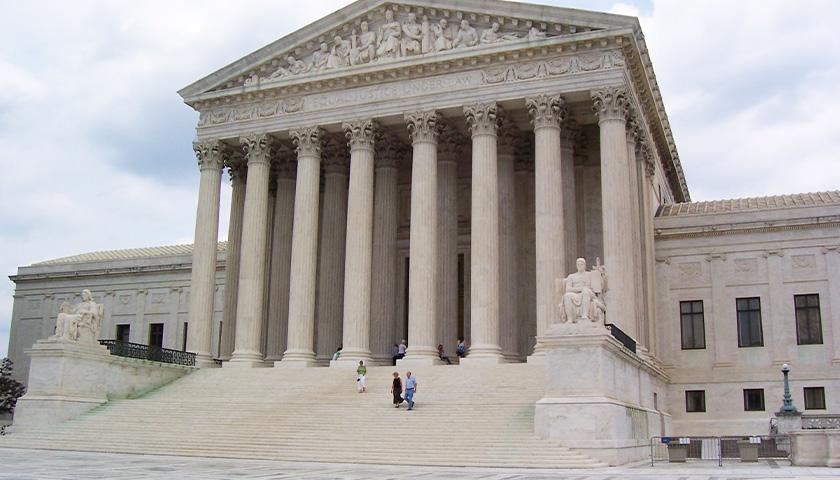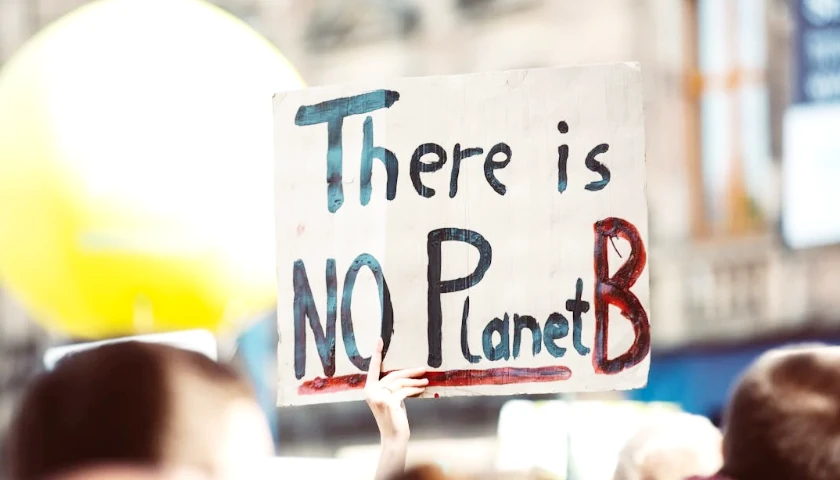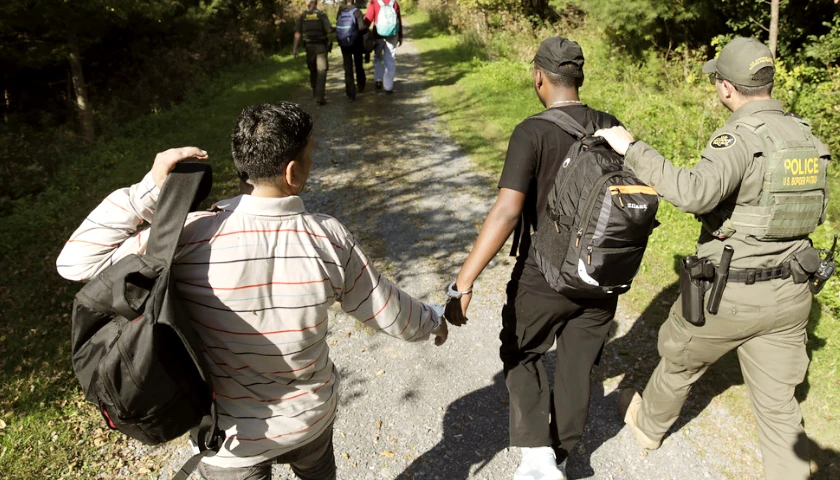by J.J. Brannock
The U.S. Supreme Court ruled Thursday to expand the degree to which businesses have to accommodate workers for religious purposes.
In the case, Groff v. DeJoy, Postmaster General, the court found that postman Gerald Groff, an evangelical Christian, should not have been disciplined for refusing to work on Sundays for religious reasons. The majority opinion cited Title VII’s requirement to accommodate employees for religious purposes provided it does not cause the employer “undue hardship.”
Groff said the USPS begrudgingly found other workers to carry out his Sunday deliveries but continuously gave him “progressive discipline” until he finally resigned.
The high court sought to clarify Title VII of the Civil Rights Act of 1964, specifically considering the precedent from the case Trans World Airlines, Inc. v. Hardison, which interpreted the “undue hardship” line of the Act to mean “any effort or cost that is ‘more than… de minimis,’” meaning more than trivial.
In that case, an airlines union denied Larry Hardison Saturdays off for religious reasons, and the Supreme Court found that the airline made reasonable efforts to accommodate Hardison’s religious beliefs and did not violate Title VII.
They ruled that requiring the airline to bear more than a de minimis cost to accommodate Hardison’s religion would be an undue hardship and therefore not a violation of the legislation.
Both Groff and post office representatives agreed that the “de minimis,” meaning of little importance, interpretation of Hardison was misguided, with Groff suggesting the phrase “significant difficulty or expense” instead and the USPS preferring “substantial expenditures.”
The court found that both interpretations were too extreme, saying instead that courts must consider the “size and operating cost of [an] employer” and that “undue hardship in Title VII means what it says, and courts should resolve whether a hardship would be substantial in the context of an employer’s business in [a] common-sense manner.”
John Bursch, the Alliance Defending Freedom Senior Counsel and Vice President of Appellate Advocacy, said about the case, “Employers must provide reasonable accommodations for employees’ religious practice unless doing so imposes undue hardships on their operations. For too long, that duty had been erased by a misguided court ruling. Thankfully, the Supreme Court clarified Trans World Airlines v. Hardison and affirmed that Title VII requires employers to grant religious accommodations in the absence of substantial additional costs in relation to the business.”
ADF attorneys had filed two friend-of-the-court briefs with the Supreme Court on the case on behalf of John Kluge, a former Indiana music teacher who was challenging a public school’s decision to revoke his Title VII accommodations in a similar case based on “ideological complaints about his religious beliefs,” forcing him to resign.
“This standard protects all Americans’ right to live and work in a manner consistent with their faith,” Bursch said.
– – –
J.J. Brannock is an investigative journalism intern reporter for The Center Square based in Washington, D.C. as part of the National Journalism Center’s internship program. He studies English Literature and Creative Writing as a Freshman at Miami University.
Photo “Supreme Court” by AscendedAnathema. CC BY-SA 3.0.





